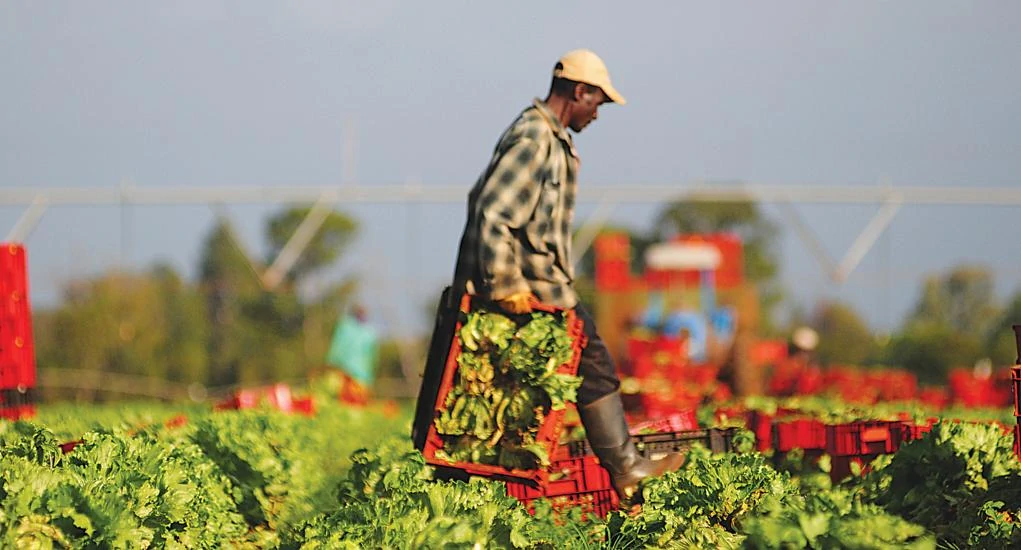Since the end of apartheid, the question of access to land and redistribution has remained almost unanswered. With the fact that agricultural land has become a globally contested resource, this question has become even more acute. A conference of the Campaign for Debt Relief and Compensation in Southern Africa (KEESA) is dealing with the tension between the right to land and the right to possession in the hands of a few people.
More than 100 years ago, the Natives Land Act, which restricted land sales to blacks and land ownership outside the "scheduled areas" (later homelands), sealed the pre-existing racial segregation. Impoverished landowners were expropriated on a legal basis. Although this land law was replaced by a new law after the end of apartheid 22 years ago, the law of 1913 still characterises the South Africa of today.
Land reform delayed Living conditions hardly change
In the rural areas there is still great poverty. Even the chance to feed themselves with small-scale farming or to earn an income is given to very few: according to the Institute for Poverty, Land and Agrarian Studies, 67 percent of all agricultural land is still in the hands of large white commercial farmers.
The central demand to return the land has still not been fulfilled. Land reform is progressing slowly, which in practice means that the black population still living in the former "homelands" is cut off from resources and infrastructure.
Access to land and redistribution
For this reason, terre des hommes schweiz would like to participate in the conference "Land conflicts in Southern Africa. Current Developments in Zimbabwe and South Africa". The KEESA conference focuses on two concrete conflicts over land in Zimbabwe and South Africa.
The concerns and experiences of the population directly affected are intended to show by way of example how conflict-prone the issues of access to land, its use and the fundamental demand for redistribution in Southern Africa are. (detailed conference programme below)
terre des hommes schweiz has supported KEESA since 2000.
When: 15 and 16 November 2013 from 18.15
Where: Basel Africa Bibliographies, Klosterberg 23, 4051 Basel
Costs: Conference fees: CHF 50 /CHF 25 (students)
Registration under: e-mail zasb(at)unibas.ch or phone +41 (0)61 267 34 82
Conference language is English (without translation). Discussion contributions in German or French are possible.


